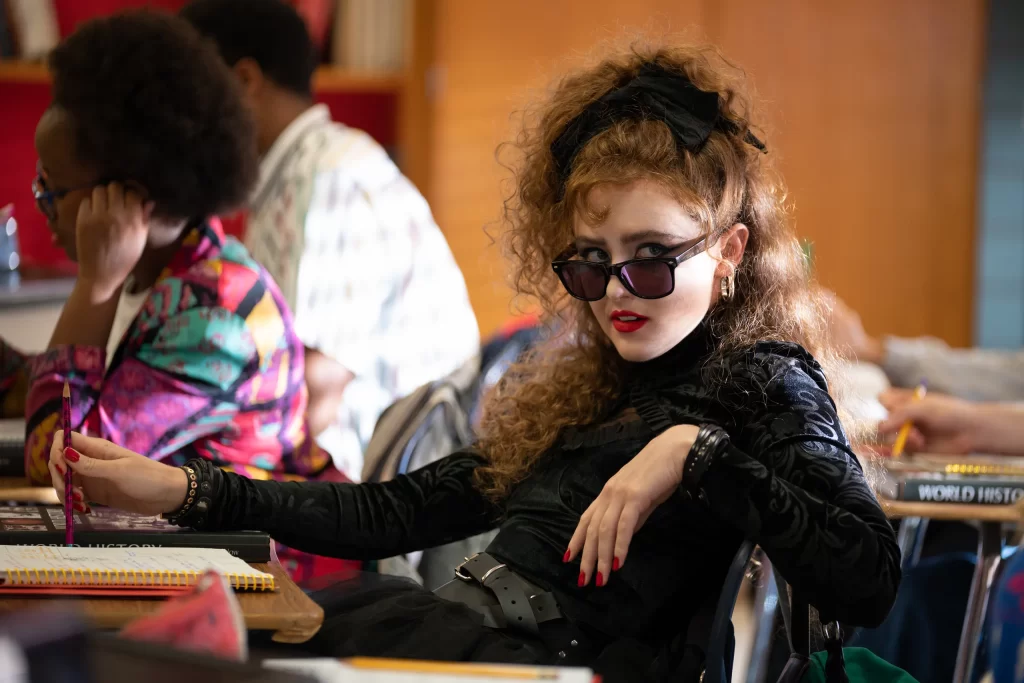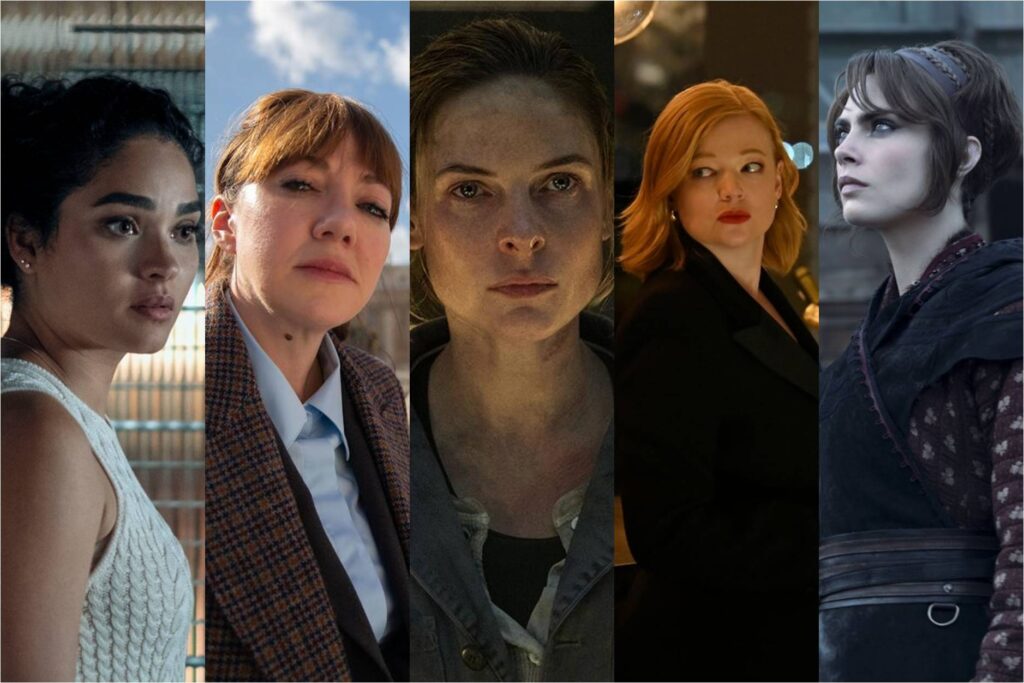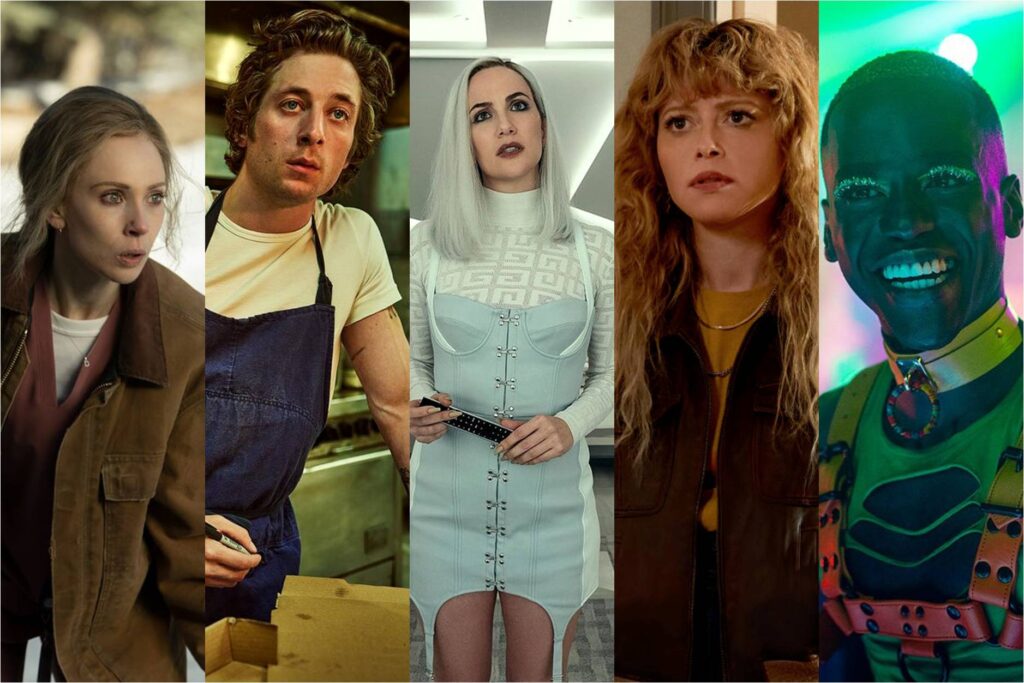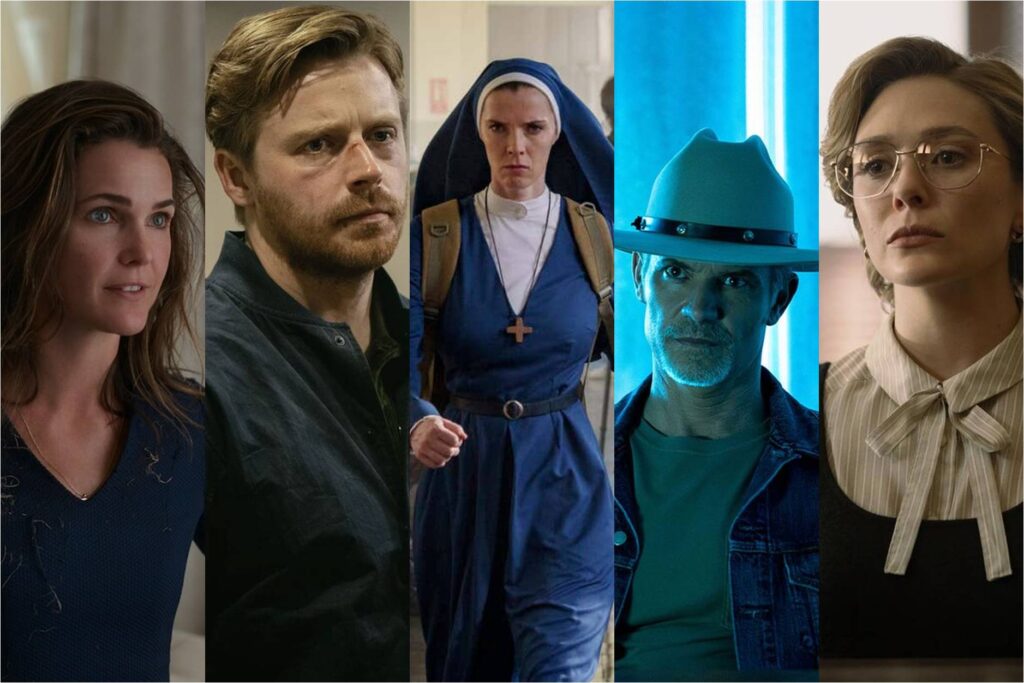Lisa Frankenstein: Wit’s Alive!

Diablo Cody and the ’80s: match made in cinematic heaven, or ungainly fit? Despite a varied and underrated screenwriting career (Tully, Ricki and the Flash), Cody remains best known for her opening one-two punch of Juno and Jennifer’s Body, which instantly established her polarizing style: pithy wordplay, obvious themes, and referential characters who seem to know they’re living in a movie. The heightened quality of her writing would appear to make her a natural match for the era that brought us John Hughes and synth pop. What’s strange about Lisa Frankenstein is that it neither sends up classic ’80s teen flicks nor pays loving tribute to them. It seems to be set in 1989 for no other reason than to justify its kickass soundtrack.
Which is fine, as far as it goes. I’m skeptical that Lisa Frankenstein will earn the same cult following that Jennifer’s Body did—certainly it won’t send adolescent boys scurrying to the internet in search of “megan fox amanda seyfried kiss scene”—but it is at least a vibrant and playful production. The feature directorial debut of Zelda Williams (working from a script by Cody), it sports bright colors, cool music, and an array of outfits so dazzling, they’d make Cher from Clueless jealous. The movie is not without significant flaws—uneven dialogue, awkward staging, a general aimlessness—yet it offers the robust built-in defense of, “Sure, but did you see her hair?” Read More




